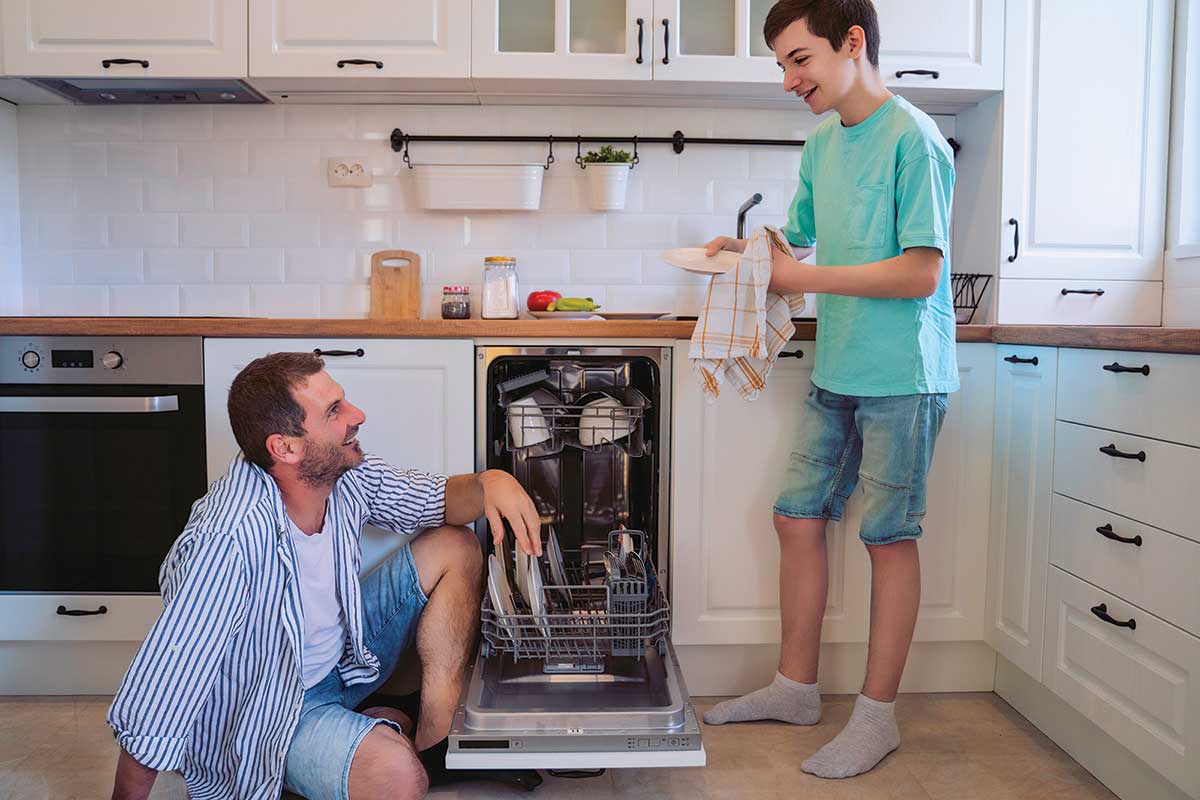When it comes to saving energy, it can be confusing to figure out what works and what doesn’t. There are many wild claims out there, like adding devices to your meter, that are pure rubbish. But some claims have been repeated so many times that they start to ring true—even though they aren’t.
Let’s set the record straight on a few of those.
Q: Is it true that turning lights off and on uses more energy than just leaving them on?
A: Not true. Turning off lights definitely reduces energy use. Turn off LED and incandescent bulbs every time you leave the room. The situation is a little different with compact fluorescent bulbs. Turning them off does save energy but can shorten the life of the bulb. The rule of thumb for CFLs is to turn them off any time they won’t be used for 15 minutes or more.
Q: Would replacing my old windows with new, more efficient ones really cut my energy use in half?
A: No. While replacing inefficient windows with new, energy-efficient windows can cut heat loss through windows in half (or more), windows typically account for only about 25%–30% of your home’s heating costs. The amount of energy you use for heating and cooling is likely one-third to one-half of your total energy use, so replacing your old windows might only reduce your total energy costs by about 10%.
Q: My kids claim using the dishwasher is just as efficient as washing dishes by hand. Are they right?
A: Yes—in fact, it’s usually more efficient. Properly used dishwashers actually use less water while doing a better job, and they will save you more than 200 hours a year. For maximum savings, make sure your water heater is set to about 120 degrees and use the most efficient settings.
Q: Should I close the vents in rooms that aren’t being used?
A: Most experts advise against this because closing supply registers forces your heater or air conditioner to work harder. If your system supplies too much cold or heat to some rooms and too little to others, talk to a professional about modifying your ductwork.
Q: Does the age of my home determine how energy efficient it is?
A: Newer homes tend to be more efficient because energy codes have improved, but any home can have hidden energy issues, no matter its age. If you want to evaluate the efficiency of your home, it’s best to schedule an energy audit with a pro.


